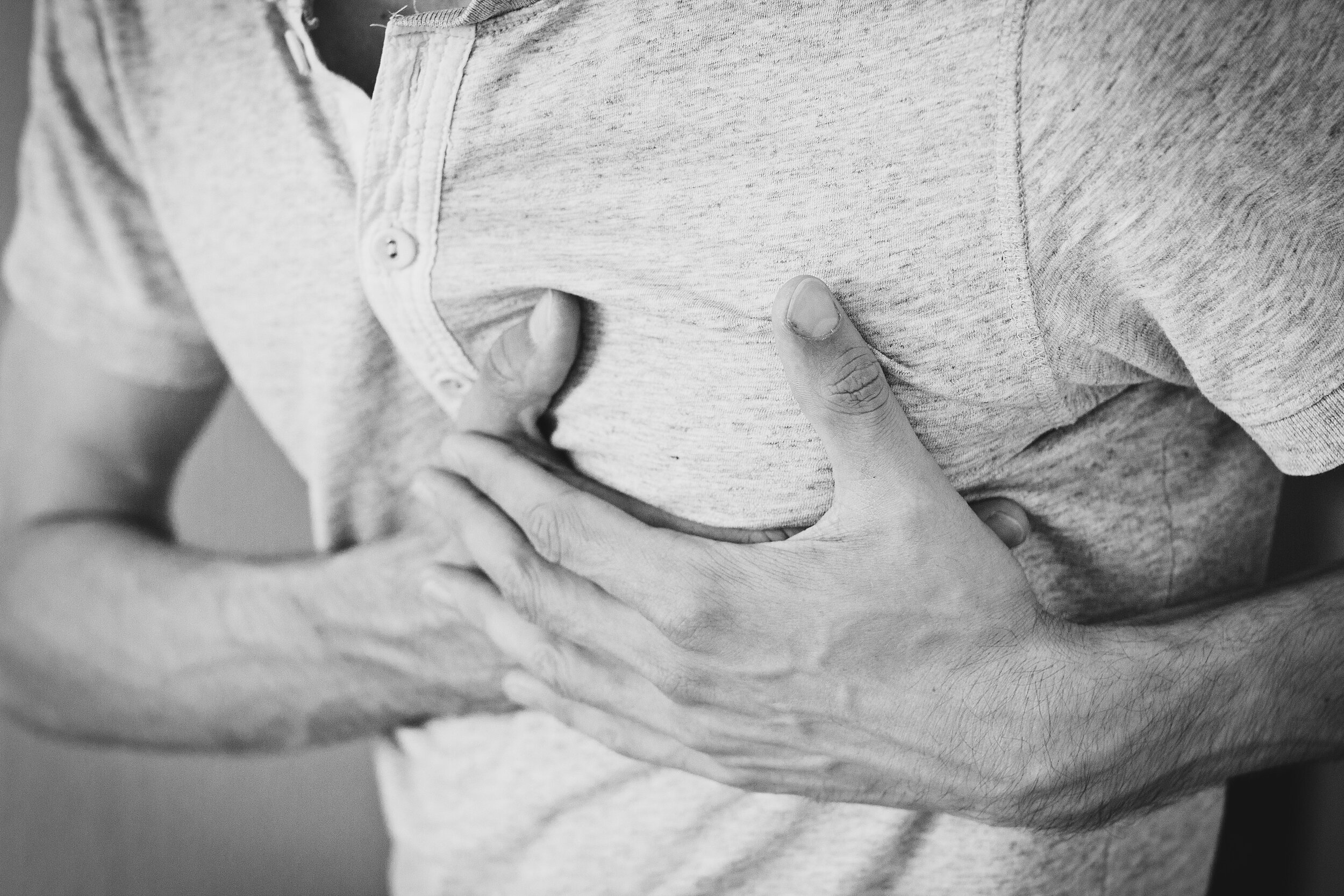Dr Neil Srinivasan
Dr Neil Srinivasan is an internationally renowned Consultant Cardiologist specialising in the management
of Heart Rhythm problems and General
Cardiology.
He has extensive expertise in treatment and ablation of heart rhythm conditions (Atrial Fibrillation-AF, SVT, Atrial Flutter) as well as implantable cardiac device procedures (Pacemakers, ICD, Cardiac Resynchronisation). He also sees patients with all General Cardiology Conditions.
He sees patients privately across London, Essex and Hertfordshire.
He works as the Lead for Electrophysiology (the management of heart rhythm disorders) in the NHS at The Essex Cardiothoracic Centre covering a population of nearly 2 million people. He performs the highest number of heart rhythm procedures in Essex per year and is among the high volume operators in the UK. He a leading Academic at ARU University, has published many seminal papers in the management of heart conditions and is a regularly invited speaker at international conferences.
Dr Srinivasan offers a holistic patient-centred approach putting you at the centre of the decision-making process. He is focused on helping you improve your health in a kind and compassionate way.
He will help you if you are worried about your heart, have had heart problems in the past, or if you have had concerning symptoms such as chest pain, breathlessness, palpitations, ankle swelling or fainting.
“Heart Disease” refers to several types of heart conditions. Sometimes heart disease may be “silent” and not diagnosed until a person experiences signs or symptoms of a heart attack, heart failure, or an arrhythmia.
At UKHeartClinic Dr Srinivasan provides a world-class assessment in order to provide rapid diagnosis and treatment of your symptoms.
Cardiovascular disease can sometimes be found early with regular evaluations. It's important to watch for cardiovascular symptoms and discuss your concerns.
Heart Rhythm Problems
A heart arrhythmia is an abnormal heartbeat. Your heart may beat too quickly, too slowly or irregularly. Heart arrhythmia symptoms can include:
Fluttering in your chest
Racing heartbeat (tachycardia)
Slow heartbeat (bradycardia)
Chest pain or discomfort
Shortness of breath
Lightheadedness
Dizziness
Fainting (syncope) or near fainting
Conditions which can cause these symptoms include:
AF (atrial fibrillation), an irregular heart rhythm form the upper chambers of the heart which can cause Stroke, Heart Figure, Poor Exercise Tolerance and irregular fast heart rates.
Atrial Flutter/Atrial Tachycardia, a rhythm form the upper chambers of the heart which can cause fast heart rates, Stroke, Heart Figure and Poor Exercise Tolerance
SVT (Superventricular Tachycardia), a fast heart rhythm due to an extra circuit within the heart. It occurs in a stop-start fashion.
Ectopic Heart Beats. These are intermittent extra beats from the bottom (most commonly) or top chamber of the heart. They may occur in runs and feel like a skipping or pause in the heart rate. They may be a nuisance and interrupt quality of life or activities of daily living. Very occasionally they can be associated with a risk of heart failure.
Chest Pain, Breathlessness & Dizziness/Fainting
You might not be diagnosed with cardiovascular disease until you have a heart attack, angina, stroke or heart failure.
Symptoms can include:
Chest pain, chest tightness, chest pressure and chest discomfort (angina)
Shortness of breath
Pain, numbness, weakness or coldness in your legs or arms if the blood vessels in those parts of your body are narrowed
Pain in the neck, jaw, throat, upper abdomen or back
In the early stages of Heart Failure, you may have no symptoms. As the condition worsens, symptoms may include:
Breathlessness with exertion or at rest
Swelling of the legs, ankles and feet
Fatigue
Irregular heartbeats that feel rapid, pounding or fluttering
Dizziness, lightheadedness and fainting
Dizziness and Fainting can be caused by a range of cardiac conditions such as slow heart rates that may require a pacemaker to low blood pressure. Symptoms may include:
Falls or unexplained blackouts
A feeling that you are going to faint or pass out
A narrowing of vision
A fall with a significant injury


